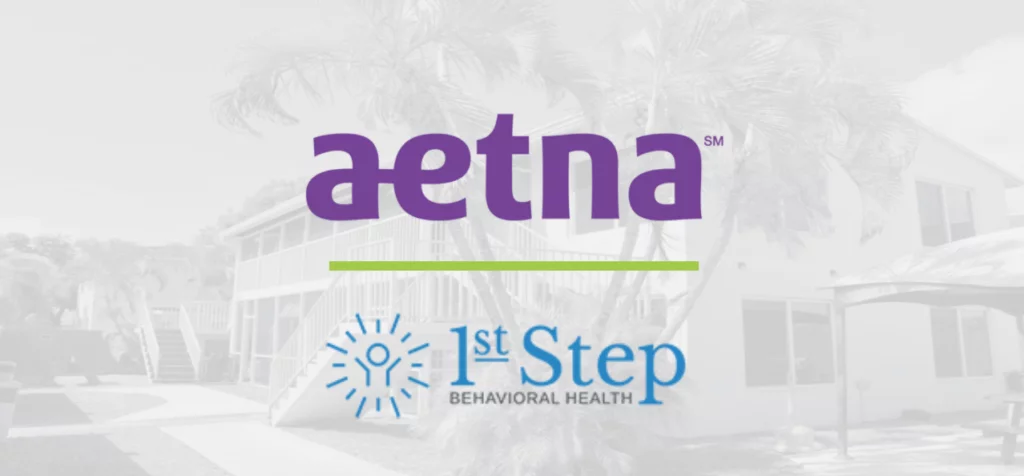Does Aetna cover rehabilitation for substance abuse and addiction?
If a medical provider or mental health professional thinks you can’t get well without treatment, Aetna will almost certainly pay at least part of your expenses for rehab. However, the specific amount depends on your insurance plan and your location.
In general, Aetna covers medical or outpatient detox, inpatient and residential rehab of varying lengths, partial hospitalization (PHP), intensive outpatient treatment, aftercare planning, and many types of medication-assisted treatment (MAT). Your insurance provider can provide details of your particular coverage.
Does Aetna Cover Mental Health Services?
The mental health of Aetna’s members is a high priority. Aetna works with research groups and top universities to stay current on the most effective, evidence-based treatment. The company’s behavioral health website provides support and extensive information on various mental health conditions, including bipolar disorder, anxiety, depression, and support for those in crisis.
Aetna’s behavior therapy, often known as “talk therapy,” provides essential support for people struggling with mental health issues, whether or not the mental illness is associated with substance abuse.
According to Aetna’s website, members can benefit from therapy sessions, either one-on-one, in a group, or with family. Therapy sessions are led by a psychologist, counselor, or psychiatrist, either in person or via televideo. Certified peer support specialists are also available. Like rehab, however, specific coverage varies depending on your plan and the state where you live.
Aetna In-Network Inpatient Rehab
In-Network or Out-Of-Network: What’s the Difference? It nearly always makes sense to use a aetna inpatient rehab treatment center. Why? Because in-network providers have negotiated with Aetna to offer treatment at an agreed-upon price. Out-of-network providers, on the other hand, can typically charge any amount they like. The difference in what you end up paying for rehab can be substantial.
If you’re interested in an out-of-network rehab, give the rehab a call and ask what they will charge for your treatment and if they accept Aetna insurance. Some plans don’t cover out-of-network care at all. Other plans may cover out-of-network rehab, but you may be responsible for higher copays or coinsurance.
It’s also important to know that if you need emergency care, your plan will cover costs at an out-of-network doctor, emergency room, urgent care center, or walk-in clinic, whether you’re close to home or traveling.
What You Need to Know
Understanding your insurance coverage is complicated, but it’s essential to know what to expect and what questions you should ask before you begin treatment. The following information will help you sort it out, but be sure to call the toll-free number on your membership card for your plan’s specific detail.
Will I need preauthorization for rehab? It’s always a good idea to check with Aetna Member Services before seeking treatment because preauthorization may be required for some substance abuse or mental health services. In short, preauthorization is basically a review to determine if treatment is medically necessary and whether or not your plan covers it.
Figuring out Your deductible: Most insurance plans have a deductible, which is the amount you must pay for treatment each year before insurance coverage kicks in. For instance, let’s say your annual deductible is $1,500. This means you must pay 100 percent of covered healthcare expenses before Aetna begins to pick up the bill. In general, plans with a higher premium mean you’ll pay a lower deductible, and vise-versa. Some services, such as prescription drugs, require different deductibles.
Your responsibility for copays or coinsurance: Copays are flat fees that you may be required to pay up-front for some types of healthcare services. Your plan determines your copay, which varies depending on the kind of service. In some cases, your copay may count towards your deductible amount. Coinsurance is your percentage of a covered service that you must pay once you’ve fully paid your deductible. Many plans are 80/20, which means you will pay $20 for every $100 in allowable expenses, and your insurance plan will pick up the remaining $80.
Your out-of-pocket maximum: This amount is the most you will pay for covered medical expenses in a single year, including any deductible, copays, and coinsurance. Once you reach your out-of-pocket maximum, your plan will pick up the tab for covered medical costs for the remainder of the year.
Tools Aetna Uses to Help Determine Your Best Treatment Options
Screening, Brief Intervention, and Referral to Treatment (SBIRT) is a scientifically proven way for primary health care providers to spot problems quickly, identify the severity of substance abuse, and determine the most effective treatment level. SBIRT screening targets people with risky behaviors who may benefit from a brief intervention, prevents the development of more severe problems in those at moderate risk, and helps addicted people enter and stay in treatment. According to Aetna, early intervention can reduce health care costs while preventing illness, hospitalizations, motor vehicle accidents, and premature death.
ASAM guidelines: Most insurance companies, including Aetna, use ASAM guidelines to determine the most effective level of care to help with your substance use disorder. The guidelines, established by the American Society of Addiction Medicine, recognizes that all people are different and that treatment isn’t a one-size-fits-all situation. ASAM guidelines consider several factors, including your potential for withdrawal, mental health issues, medical complications, living environment, and relapse potential.
Our Treatment Is in Aetna’s Network
Determining the specific details of your insurance coverage is complex, but at 1st Step Behavioral Health, our experienced, highly trained staff can walk you through the process. All information is completely confidential and free of any further obligation. You can also use this online form to verify your insurance coverage quickly. Please pick up the phone and give 1st Step a call at (866) 971-5531, or contact us online.
Jump to a Section
Call (855) 425-4846
